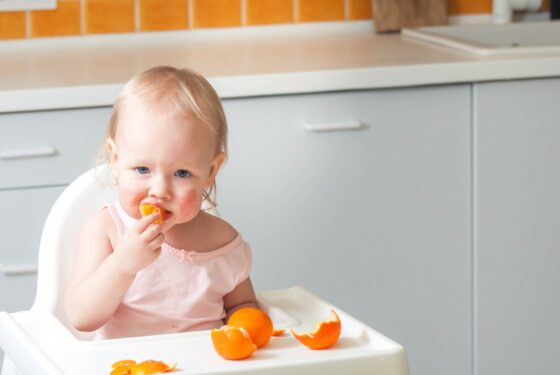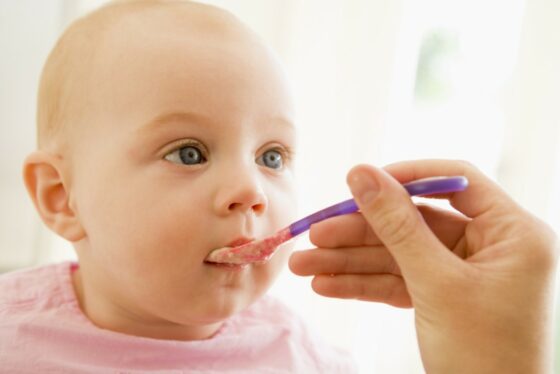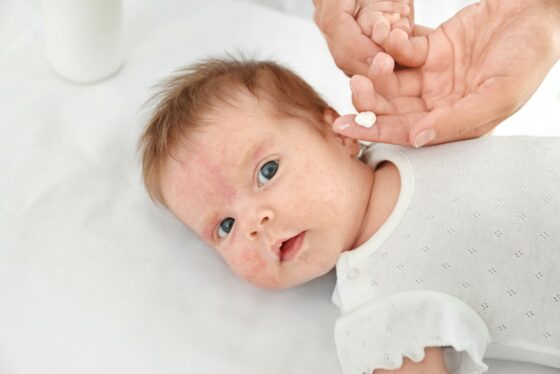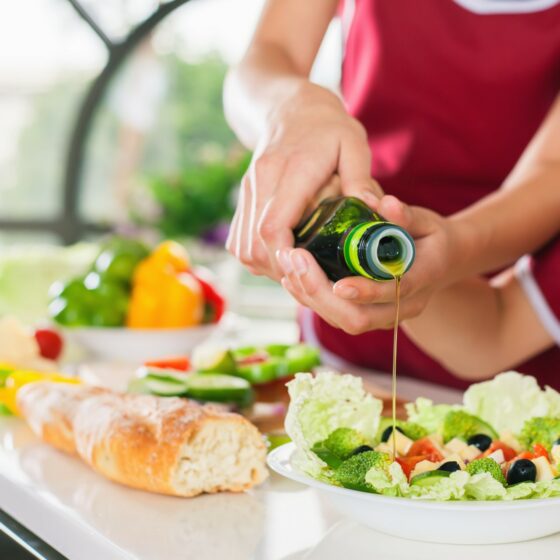Allergies: Healthy Habits To Protect Your Baby
What you eat when you are pregnant and breastfeeding could help to protect your baby from developing allergies.
While pregnant and breastfeeding, it is important to consume a wide range of foods, including the major allergens. This helps to build up your baby’s immune system before she starts eating food herself. In fact, exposing the immune system to different foods can actually teach the body to tolerate them.
There is no convincing evidence that you should avoid or limit major allergens during pregnancy or breastfeeding to reduce the risk of allergies in your baby, unless you are already allergic. Instead, aim to eat a wide variety of foods to give you and your baby the nutrients you need. Include plenty of foods rich in Omega-3 – this helps your baby’s developing immune system too.
Breastfeeding supports immune development
Breastfeeding exclusively for six months is recommended for the many benefits it provides to baby and mum. The antibodies, nutrients and various health-protecting substances found in breast milk help promote the development of a balanced intestinal flora, protect against infections and boost your baby’s immune system (among many other benefits).
Nourish your baby with probiotics and prebiotics
Probiotics are live, non-pathogenic microorganisms that improve or maintain intestinal flora balance by repressing and replacing harmful bacteria. They are found in fermented foods such as live-cultured yoghurt, sauerkraut, kimchi, miso, kombucha tea and dark chocolate.
Prebiotics are indigestible fibre compounds that nourish health promoting intestinal bacteria, and are found in bananas, garlic, onions, leeks and tomatoes.
Research shows that both pre- and probiotics – which are also present in significant quantities in your breast milk – may have beneficial effects on your baby’s developing gastrointestinal and immune systems and may be helpful in reducing the risk of them developing an allergy.
Avoid smoking and second-hand smoke
Smoking and exposure to second-hand smoke may increase your baby’s risk of allergic diseases and food allergies. In general, it is recommended to avoid any form of tobacco exposure during pregnancy and childhood.
Introduce solid foods at around six months
Your baby’s digestive tract and immune system have had time to mature at around six months, which may help to decrease the risk of developing allergies. The latest guidelines now recommend that all infants should be given allergenic solid foods including peanut butter, cooked egg, dairy and wheat products in the first year of life. This includes infants at high risk of allergy. When your infant is ready, at around 6 months, but not before 4 months, start to introduce a variety of solid foods, starting with iron rich foods, while continuing breastfeeding.

Want to know more? Call us on 1800 842 098 or Live Chat now.
Track your baby’s development
Get month-by-month advice on your baby’s development



